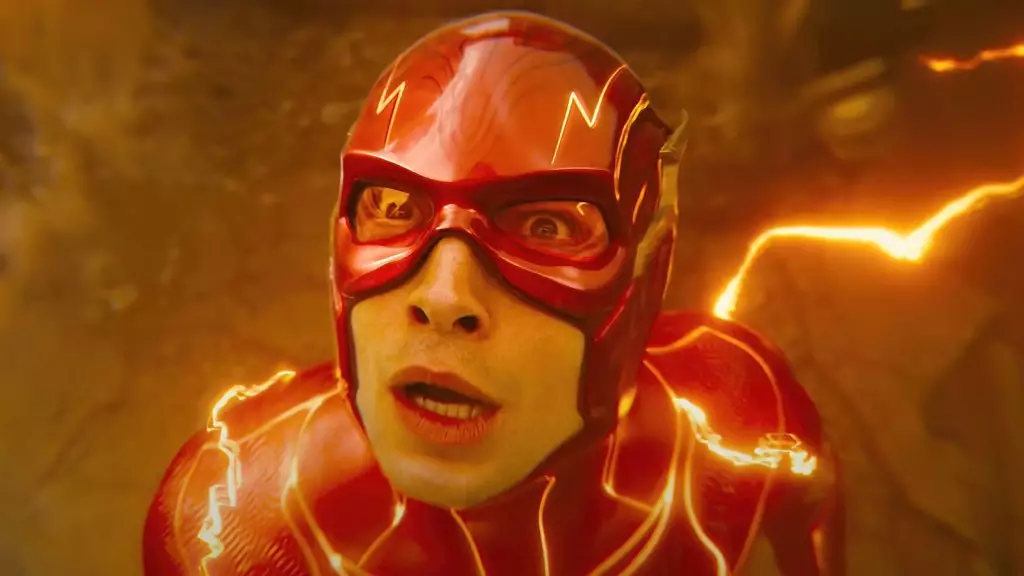In the realm of superhero cinema, expectations run high, especially when a project involves significant financial backing and beloved characters. Andy Muschietti, the director of *The Flash*, recently provided an analysis of why the film didn’t resonate with audiences, leading to its box office underperformance. His commentary sheds light on deeper issues within the current landscape of comic book adaptations.
A pivotal point raised by Muschietti is the concept of appealing to diverse audience segments, or “quadrants.” He illustrates that a film’s success is not merely dependent on special effects or star power; rather, it hinges on its ability to attract a broad demographic. “When you make a 200 million dollar film, the studio expects you to even bring your grandmother to the theaters,” Muschietti remarked. This suggests a significant oversight: *The Flash* failed to resonate across age groups and genders, particularly with women, who constitute a critical part of the movie-going demographic.
Data from Comscore PostTrak exit polling affirms this claim, indicating that the audience was predominately male, with a noticeable absence of younger female viewers. This demographic misalignment may have been catastrophic in today’s market, which increasingly values inclusivity and diverse representation. In an industry that thrives on drawing in families and women, the film’s narrow focus potentially alienated a substantial viewer base.
Compounding the film’s challenges was the surrounding tumult involving Ezra Miller, the actor who portrays the title role. Muschietti addressed the impact of external factors on a film’s reception. “When you make a film, there are things that are out of your control,” he stated, particularly referring to the negative media attention related to Miller’s personal issues. Such crises can distract from the film itself, overshadowing its quality and artistry with tabloid speculation.
Muschietti, however, remains positive about his collaboration with Miller, which presents an important distinction: the film’s artistic merit could stand independently of the off-screen drama. His assertion that he had a “great experience” working with Miller suggests a commitment to the craft that some audiences may overlook when evaluating the film as a whole.
As DC Studios pivots under the leadership of James Gunn and Peter Safran, the future looks bright for Muschietti. His upcoming venture, *The Brave and the Bold*, promises a fresh narrative spotlighting Batman and his son, setting the stage for a new direction in storytelling. This opportunity may allow for a broader appeal, integrating elements that attract diverse viewers while capitalizing on the popularity of the Batman franchise.
Thus, while *The Flash* may not have made the splash initially anticipated, its failure could serve as a learning experience for both filmmakers and studios. The insights from Muschietti highlight the necessity of understanding audience dynamics and the effects of personal controversies within the industry. As the landscape of super-heroine storytelling evolves, the hope is that future projects embrace the inclusivity that today’s audiences demand.

